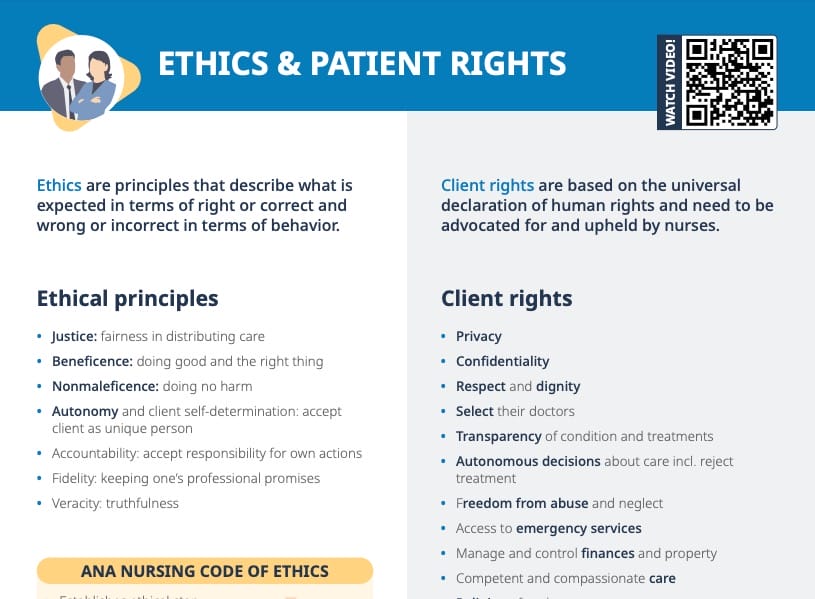What are advance directives?
Advance directives refers to a person’s preferences regarding medical treatments and interventions, as well as the designation of a surrogate decision-maker (healthcare proxy) in the event that a person becomes incapable of making medical decisions on their behalf.
What are the 3 types of advance directives?
Living will
A living will is a written document that specifies what types of medical treatment are desired should the patient become incapacitated. A very common statement in living wills is the wish that if the individual suffers an incurable, irreversible condition and the attending physician determines that it is terminal, the patient directs that life-sustaining measures that only prolong dying are withheld or discontinued. Further inclusions may identify a patient’s desire for pain relief, antibiotics, IV hydration or feeding tubes, detailed instructions about CPR, and other life support equipment like ventilators. An explicit DNR (Do Not Resuscitate) order or a DNI (Do Not Intubate) may be part of the living will.
Healthcare proxy
A healthcare proxy is a legal document in which an individual designates another person to make health care decisions if he or she is rendered incapable of making their wishes known. That individual then has all the rights of decision-making that otherwise the patient themselves would have.
Durable power of attorney
A durable power of attorney designates a person to be able to execute legal documents in the case of the person issuing the power becoming incapacitated. This includes making bank transactions, signing social security checks, applying for disability, or writing checks to pay bills.
What is the purpose of advance directives?
Common scenarios in which an advance directive becomes helpful could include:
- Coma
- Persistent vegetative state
- Severe brain injury
- Stroke
- Advanced Alzheimer disease or other form of dementia
- Critical illness affecting mental capacity
Do advance directives need to be notarized?
Generally, advance directives do not need to be notarized, however, requirements can vary based on state law. Most states require that advance directives be witnessed by at least two individuals who meet specific criteria set by the state. Some states might accept notarization as an alternative to having witnesses.
Advance directives in different US states
In advance directives, policies differ from one state to another. Some require the assistance from a personal physician and an attorney.
- Florida advance directives
- Illinois advance directives
- Ohio advance directives
- Wisconsin advance directives
Nursing tips around advance directives
- Review and verify the patient’s advance directive status at first patient contact.
- Encourage all patents to initiate advance directives.
- Document and communicate all information with the healthcare team to ensure the patient’s wishes are upheld.
Tip: Advance directives not only help with the decision-making in times of incapacity, but they can also clarify one’s preferences during times of uncertainties while still cognitively intact.
